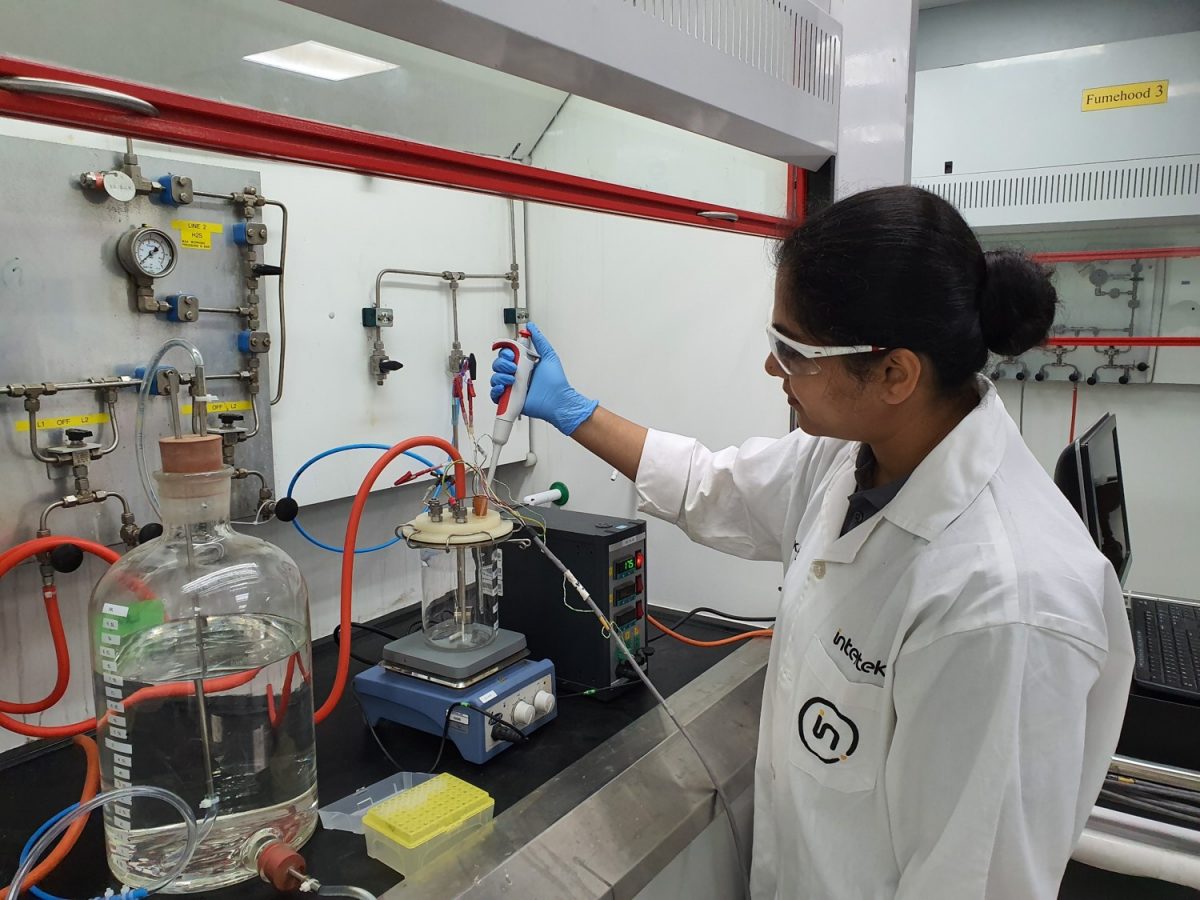Intertek, a total quality assurance provider to industries worldwide, announced the expansion of its corrosion testing at its Sharjah Laboratory Complex, which assists clients in the UAE, Saudi Arabia, Kuwait, Oman, Bahrain and Egypt. The upgrade and expansion of the Sharjah facility allows Intertek to offer enhanced local services in a laboratory devoted to the testing of corrosion inhibitors under highly ‘sour’ conditions; for example, fluids containing high levels of corrosive hydrogen sulphide (H2S).
The presence of corrosive fluids can shorten the working life of pipelines and flowlines in the harsh conditions often found in upstream oil and gas production systems. To minimise the threat that corrosion poses to production assets, corrosion inhibitor chemicals are commonly used to reduce corrosion rates. Intertek’s production integrity and assurance (P&IA) team undertakes independent, expert assessments of these chemicals to determine their efficacy for upstream operators.
In order to assess the corrosion inhibitors, Intertek’s dedicated Sharjah laboratory carries out electrochemical corrosivity tests to internationally recognised standards. These tests are conducted in an enclosed area at both ambient and elevated temperatures and pressures, simulating sweet (presence of carbon dioxide) or sour (presence of hydrogen sulphide) conditions in the field. The types of testing often include bubble testing, rotating cage and rotating cylinder electrodes tests.
New and redesigned test equipment has been added to the laboratory, extending the services offered and addressing growing customer demand for both low water-cut electrochemical tests and the testing of fluids with elevated levels of hydrogen sulphide gas. As a result, these recent upgrades have not only increased the testing capacity and capabilities at the site but have also reduced the turnaround time, as testing is carried out locally instead of samples being sent to other countries, such as the USA or UK.
Vijitha Perera, laboratory manager at Intertek Production and Integrity Assurance, said: “Growing our service offerings comes in direct response to the needs of our regional clients who wish to maximise the lifespan of their assets and safeguard their oil and gas infrastructure. As operating conditions become more extreme, materials are being pushed to the limit, and these factors lead to an increased threat of materials failure, especially for ageing assets. Enhancing our sour corrosion testing capability by using higher levels of H2S in a dedicated lab allows us to safely and efficiently carry out more complex testing while offering an expanded, end to end quality assurance solution for our customers.”

